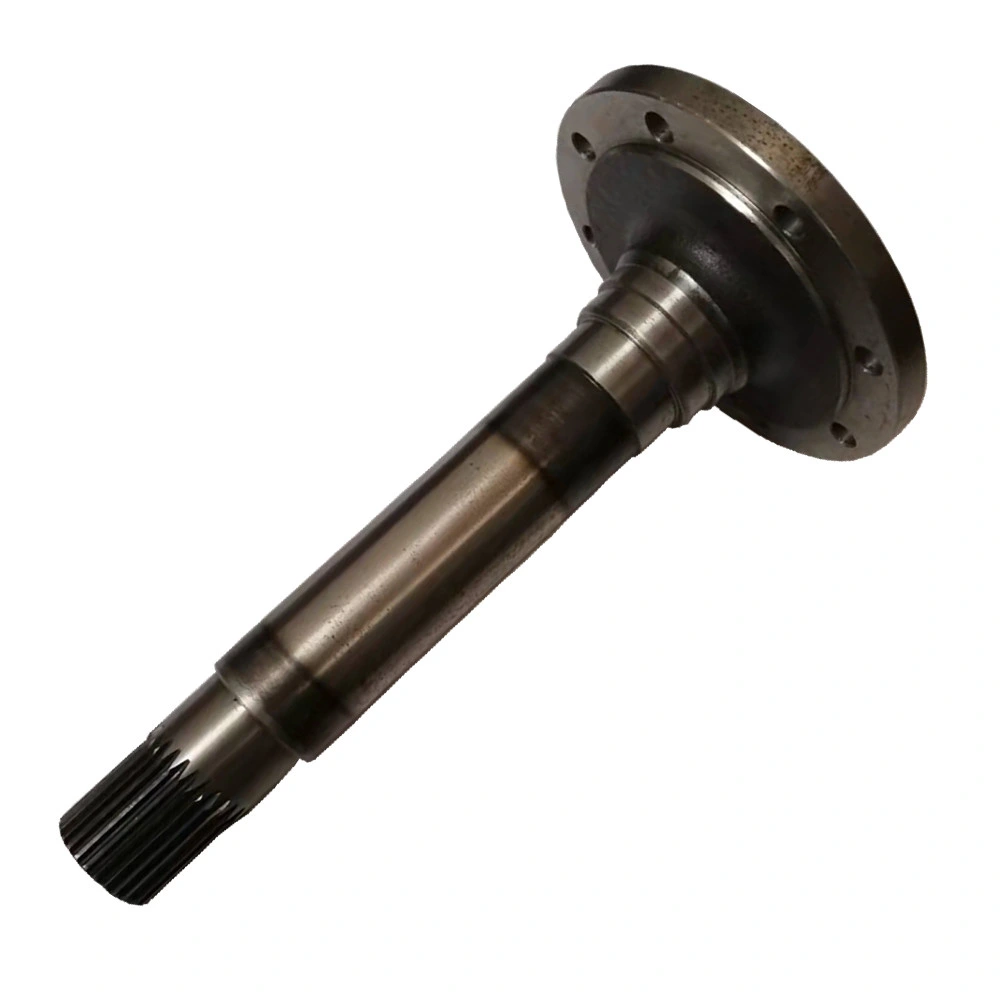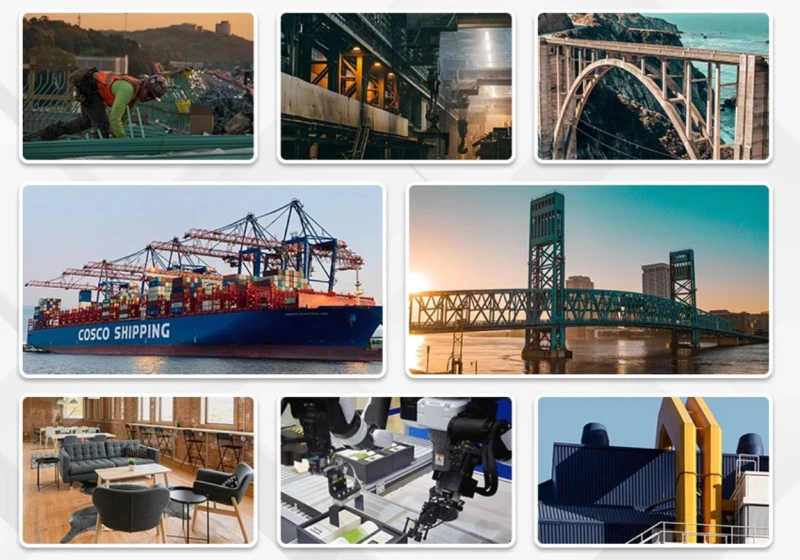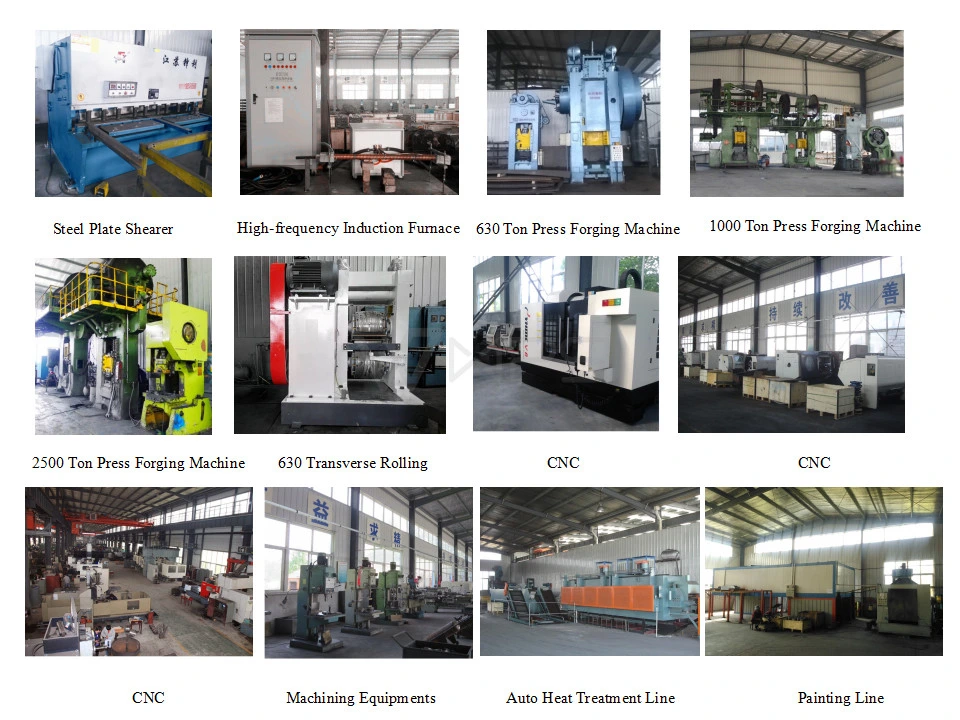Fuel Cell Electric Vehicle Axle Spindle
1. Introduction to Fuel Cell Electric Vehicle Axle Spindle
Fuel cell electric vehicles (FCEVs) represent the cutting edge in sustainable automotive technology. Central to their operation is the axle spindle, a crucial component that enables efficient power transmission and load bearing. Understanding its intricacies is paramount for any automotive enthusiast or professional.
2. The Role of Axle Spindle in FCEV
The axle spindle serves as the pivot point for the wheel’s rotation. In FCEVs, it must accommodate the unique requirements of hydrogen fuel cells, including high durability and efficient stress distribution. This ensures smooth and reliable vehicle operation.
3. Material Composition of Axle Spindles
Axle spindles are typically made from high-strength steel or advanced composites. These materials provide the necessary resilience against wear and tear, crucial for maintaining performance in FCEVs. Advanced alloys and treatments may also be employed for enhanced durability.
4. Manufacturing Processes for Axle Spindles
Modern manufacturing of axle spindles involves precision forging, machining, and heat treatment processes. CNC (Computer Numerical Control) technology ensures exact specifications and quality control, essential for the high-performance demands of FCEVs.
5. Load-Bearing Capabilities
Axle spindles in FCEVs must support significant loads, including vehicle weight, passengers, and cargo. Their design ensures optimal load distribution, reducing wear and enhancing longevity. This capacity is crucial for maintaining the vehicle’s structural integrity.
6. Stress and Fatigue Resistance
FCEV axle spindles are engineered to withstand varying stress levels and repeated cycles of loading and unloading. This resistance to fatigue extends the lifespan of the spindle, ensuring reliability and safety over the vehicle’s operational life.
7. Integration with Wheel Hubs
The axle spindle seamlessly integrates with wheel hubs, facilitating the attachment and rotation of wheels. This integration is essential for the vehicle’s mobility, providing a secure and stable connection that can endure the demands of dynamic driving conditions.
8. Importance of Precision Engineering
Precision in manufacturing axle spindles is critical. Tolerances must be meticulously controlled to ensure proper fitting and function. Any deviations can lead to mechanical failure, posing significant safety risks. Precision engineering thus ensures reliability and performance.
9. Advances in Axle Spindle Technology
Recent advancements include the development of lightweight materials and enhanced manufacturing techniques. These innovations aim to reduce the overall weight of FCEVs while maintaining or even improving the strength and durability of axle spindles.
10. Impact of Axle Spindles on Vehicle Efficiency
Efficient axle spindles contribute to the overall efficiency of FCEVs. By reducing friction and optimizing load distribution, they help improve fuel economy and performance. This efficiency is vital for maximizing the benefits of hydrogen fuel technology.
11. Maintenance and Inspection
Regular maintenance and inspection of axle spindles are essential for ensuring safety and performance. This includes checking for signs of wear, corrosion, and proper lubrication. Timely maintenance helps prevent failures and extends the lifespan of the axle spindle.
12. Common Issues and Solutions
Common issues with axle spindles include wear, corrosion, and misalignment. Solutions involve proper material selection, protective coatings, and precise installation. Addressing these issues promptly can prevent more serious mechanical failures.
13. Compatibility with Hydrogen Fuel Systems
The axle spindle must be compatible with the unique characteristics of hydrogen fuel systems. This includes resistance to environmental factors such as moisture and varying temperatures, which can affect the performance and durability of the spindle.
14. Environmental Considerations
Manufacturing and using axle spindles in FCEVs have environmental implications. Sustainable practices in material sourcing and production can help minimize their environmental footprint. Additionally, the efficiency of FCEVs contributes to reduced emissions and environmental impact.
15. Role in Vehicle Safety
The axle spindle plays a crucial role in vehicle safety by ensuring stable and reliable wheel attachment. Any failure in this component can lead to severe accidents. Thus, its design and manufacture must adhere to stringent safety standards.
16. Innovations in Axle Spindle Design
Innovations in design focus on improving strength-to-weight ratios and incorporating advanced materials. These improvements aim to enhance performance while reducing the overall weight of the vehicle, contributing to better fuel efficiency and handling.
17. The Future of Axle Spindles in FCEVs
The future of axle spindles in FCEVs involves continued research and development. Emerging technologies like additive manufacturing and smart materials hold promise for creating even more efficient and durable axle spindles.
18. Case Studies and Real-World Applications
Case studies of FCEV axle spindles in real-world applications demonstrate their performance and reliability. These examples provide valuable insights into the practical challenges and solutions in the field.
19. Collaboration with OEMs
Collaboration with Original Equipment Manufacturers (OEMs) is vital for developing axle spindles that meet the specific requirements of FCEVs. This partnership ensures that the products are tailored to the unique needs of each vehicle model.
20. Cost Considerations
The cost of manufacturing and maintaining axle spindles can be significant. However, investing in high-quality materials and precise manufacturing processes can result in long-term savings through reduced maintenance and enhanced vehicle performance.
21. Regulatory and Industry Standards
Axle spindles must comply with various regulatory and industry standards to ensure safety and reliability. These standards cover aspects such as material properties, manufacturing processes, and performance specifications.
22. The Role of Testing and Quality Assurance
Testing and quality assurance are critical in the production of axle spindles. Rigorous testing ensures that each spindle meets the necessary performance and safety standards, preventing failures and ensuring customer satisfaction.
23. The Impact of Electrochemical Properties
Electrochemical properties of materials used in axle spindles can impact their performance in FCEVs. Understanding these properties helps in selecting the right materials that will resist corrosion and other chemical reactions.
24. Customer Expectations and Feedback
Customer expectations for axle spindles in FCEVs include durability, reliability, and performance. Feedback from customers provides valuable insights for continuous improvement in product design and manufacturing processes.
25. Conclusion and Future Insights
In conclusion, the axle spindle is a vital component in the performance and reliability of fuel cell electric vehicles. As technology advances, we can expect further innovations that will enhance their efficiency and durability, contributing to the overall success of FCEVs.

26. Company Product Promotion
Our company is a leader in the Chinese axle market, specializing in axle spindles, beam axles, trans axles, axle surgeons, live axles, straight axles, torsion axles, axle shafts, and drop axles. With over 300 sets of fully automated CNC production equipment and automatic assembly equipment, we are equipped to meet the highest standards of quality and efficiency. Our products are known for their superior quality, competitive prices, and excellent service. We welcome customers to provide drawings and samples for customization.


Author: Czh
